33rd Chess Olympiad
The 33rd Chess Olympiad, organized by FIDE and comprising an open[1] and a women's tournament, took place between September 26 and October 13, 1998, in Elista, Kalmykia, Russia. There were 110 teams in the open event and 72 in the women's event.


The Olympiad was the first international chess event to be held at Chess City. Construction of the complex was not complete by the start of the tournament, and some FIDE members were concerned that the facilities would not be ready in time, including the airport, telephone system, player housing, and the "Chess Palace" to be used as the main playing hall.
Reported human rights abuses by FIDE and Kalmykia president Kirsan Ilyumzhinov led to calls for a boycott from Valery Borshchev, a member of the Duma. The British government did not call for a boycott but confirmed "reliable reports of human rights problems" and suggested that Kalmykian authorities might use publicity from Olympiad participation by foreign teams for its own purposes.[2] Three nations were signed up but chose to stay away: Denmark, Norway, and Slovakia.
The opening ceremony took place as scheduled, but the Chess Palace was still covered in scaffolding and was missing many windows. The first round was delayed, one free day was eliminated, and the tournament was shortened to 13 rounds from the planned 14. The organizers worked around the clock and playing conditions improved as the tournament progressed, although the main playing hall was not properly heated. Living conditions, food and drink, and telephone service were generally reported to be acceptable.[3][4]
Both tournament sections were officiated by International Arbiter Geurt Gijssen (Netherlands). Teams were paired across the 13 rounds of competition according to the Swiss system. The open division was played over four boards per round, whilst the women's was played over three. In the event of a draw, the tie-break was decided by 1. the Buchholz system; and 2. match points.
The time control for each game permitted each player 100 minutes to make the first 40 of his or her moves, then an additional 50 minutes to make the next 20 moves, and then 10 minutes to finish the game, with an additional 30 seconds devolving on each player after each move, beginning with the first.
In addition to the overall medal winners, the teams were divided into seeding groups, with the top finishers in each group receiving special prizes.
Open event
The open division was contested by 110 teams representing 106 nations. Russia, as hosts, fielded an unprecedented four teams (Russia "C" was referred to as "Team Kalmykia" and Russia "D" was a youth team), whilst the International Braille Chess Association provided one squad.
Even without their strongest players, the "Three Ks" (PCA world champion Garry Kasparov, FIDE champion Anatoly Karpov and Vladimir Kramnik), Russia were still favourites, and the team did win their fourth consecutive title. The United States improved another spot from the previous Olympiad and finished second, and Ukraine took the bronze medals, beating Israel on tiebreak.
Open event # Country Players Average
ratingPoints Buchholz 1 
Svidler, Rublevsky, Bareev, Morozevich, Zvjaginsev, Sakaev 2684 35½ 2 
Yermolinsky, Shabalov, Seirawan, Gulko, De Firmian, Kaidanov 2631 34½ 3 
Ivanchuk, Onischuk, Romanishin, Malaniuk, Savchenko, Ponomariov 2638 32½ 394.0 4 
Alterman, Smirin, Sutovsky, Psakhis, Kosashvili, Avrukh 2593 32½ 379.0 5 
Peng Xiaomin, Ye Jiangchuan, Zhang Zhong, Yu Shaoteng, Wu Wenjin, Wang Rui 2498 31½ 389.5 6 
Yusupov, Dautov, Lutz, Hübner, Gabriel, Luther 2610 31½ 386.5 7 .svg.png)
Azmaiparashvili, Giorgadze, Sturua, Bagaturov, Supatashvili, Janjgava 2601 31½ 377.5 8 
Dreev, Filippov, Volkov, Kobalia, Yemelin, Shariyazdanov 2594 31 395.5 9 
Almási, Pintér, C. Horváth, J. Horváth, Varga, Gyimesi 2588 31 375.0 10 
Istrățescu, Marin, Nisipeanu, Ionescu, Nevednichy, Vajda 2548 30½ 392.5 # Country Average
ratingPoints Buchholz MP 11 
2661 30½ 390.5 12 
2605 30½ 380.5 13 .svg.png)
2555 30½ 378.5 14 
2533 30½ 369.5 15 
2564 30½ 361.5 16 
2630 30 397.5 17 
2626 30 393.0 18 %3B_Flag_of_Serbia_and_Montenegro_(2003%E2%80%932006).svg.png)
2563 30 367.5 19 
2519 30 359.5 =20 
2546 29½ 372.0 16 =20 
2565 29½ 372.0 16 22 .svg.png)
2539 29½ 368.0 23 
2515 29½ 357.5 24 
2519 29 379.5 25 
2559 29 363.0 26 
2585 28½ 383.5 27 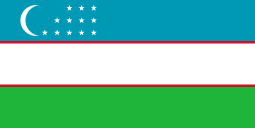
2525 28½ 373.5 28 
2545 28½ 372.0 29 
2601 28½ 370.5 30 
2590 28½ 368.0 31 
2509 28½ 364.5 32 
2470 28½ 357.5 33 
2491 28½ 353.0 34 
2464 28½ 343.0 35 
2443 28 368.5 36 
2531 28 366.5 37 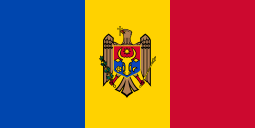
2511 28 364.5 38 
2371 28 338.5 39 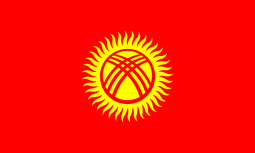
2495 27½ 373.5 40 
2580 27½ 370.5 41 
2488 27½ 360.0 42 .svg.png)
2466 27½ 358.5 43 
2474 27½ 356.0 44 
2418 27½ 354.0 14 45 
2420 27½ 354.0 12 46 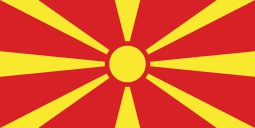
2499 27½ 352.5 47 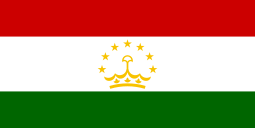
2376 27½ 348.5 48 
2485 27½ 348.0 49 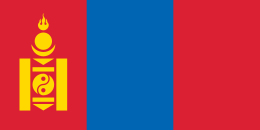
2370 27½ 341.5 50 
2390 27 360.0 51 
2489 27 355.0 52 IBCA 2263 27 339.5 53 
2384 26½ 353.5 54 .svg.png)
2335 26½ 351.0 55 
2464 26½ 348.5 56 
2286 26½ 323.0 57 
2445 26 356.0 58 
2349 26 343.5 59 
2374 26 339.0 60 
2339 26 333.0 61 
2415 26 331.0 62 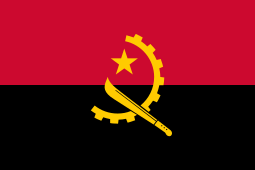
2229 26 313.5 63 .svg.png)
2405 25½ 342.0 64 
2398 25½ 337.5 65 .svg.png)
2314 25½ 334.5 66 
2348 25½ 334.0 67 
2418 25½ 333.5 68 .svg.png)
2275 25½ 320.0 69 
2256 25½ 318.5 70 
2444 25 71 .svg.png)
2431 24½ 352.5 72 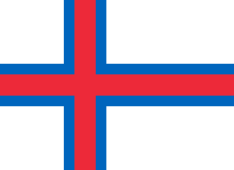
2233 24½ 341.5 73 .svg.png)
2301 24½ 329.0 74 
2075 24 321.0 75 
2223 24 316.5 76 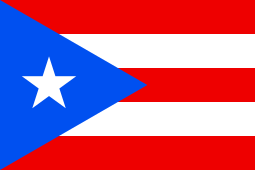
2238 24 313.5 77 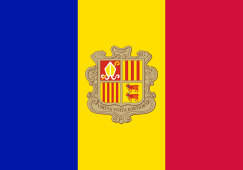
2276 24 308.5 78 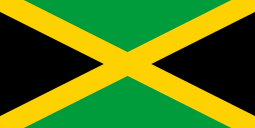
2066 24 307.5 79 
2254 23½ 330.0 80 
2318 23½ 326.0 81 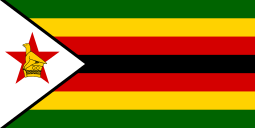
2184 23½ 316.0 82 
2215 23½ 315.5 83 
2035 23½ 302.0 84 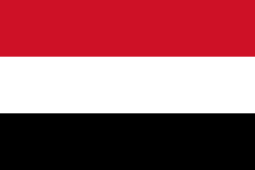
2246 23 328.5 85 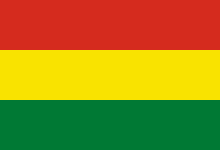
2148 23 315.0 86 .svg.png)
2000 23 301.0 87 .svg.png)
2243 23 299.0 88 
2129 23 294.5 89 
2276 22½ 317.5 90 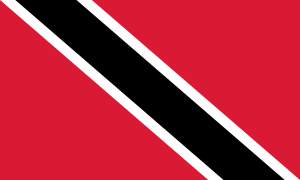
2118 22½ 312.0 91 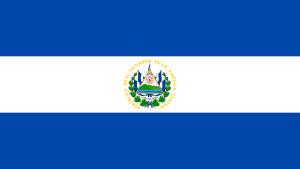
2076 22½ 305.5 92 .svg.png)
2191 22½ 303.5 93 
2045 22½ 296.0 94 
2191 22 323.0 95 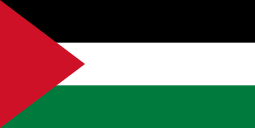
2184 22 288.5 96 .svg.png)
2149 22 276.0 97 .svg.png)
2078 22 270.0 98 
2151 21½ 296.5 99 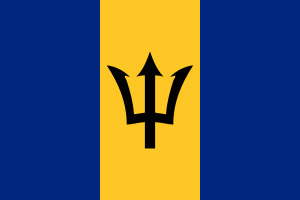
2054 21½ 272.0 100 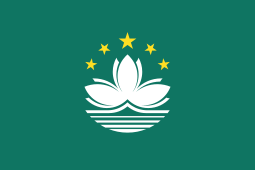
2148 21½ 268.0 101 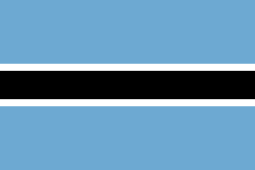
2045 21 102 
2134 20½ 293.0 103 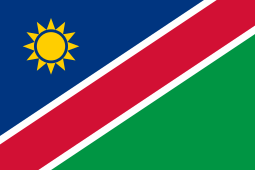
2060 20½ 273.0 104 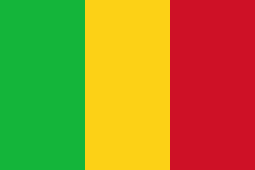
2049 20½ 261.5 105 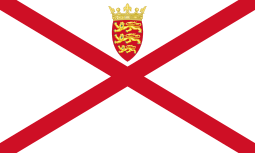
2081 20 265.5 106 .svg.png)
2000 20 260.0 107 .svg.png)
2043 19 108 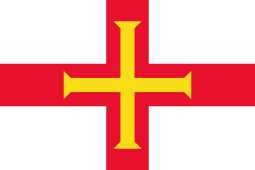
2090 18½ 109 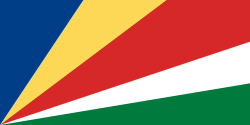
2060 18 110 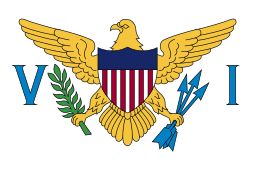
2000 3
Individual medals
- Performance rating:
.svg.png)
- Board 1:

- Board 2:

- Board 3:

- Board 4:

- 1st reserve:

- 2nd reserve:

Women's results
The women's division was contested by 72 teams representing 69 nations. Russia, as hosts, fielded three teams, whilst the International Braille Chess Association entered one squad.
China finally broke the Eastern European dominance by winning the title, led by former (and future) world champion Xie Jun and future champion Zhu Chen. Russia took the silver, whilst defending quadruple champions Georgia had to settle for bronze.
# Country Players Average
ratingPoints Buchholz 1 
Xie Jun, Zhu Chen, Wang Pin, Wang Lei 2480 29 2 
Matveeva, Kovalevskaya, Shumiakina, Stepovaya-Dianchenko 2438 27 295.0 3 .svg.png)
Chiburdanidze, Ioseliani, Arakhamia-Grant, Khurtsidze 2480 27 289.5 4 
Peng Zhaoqin, Sziva, Bosboom-Lanchava, Jap Tjoen San 2325 23½ 290.0 5 
Stefanova, Voiska, Velcheva, Aleksieva 2387 23½ 277.0 6 
Corina Peptan, Foişor, Cosma, Olǎraşu 2398 23 299.0 7 %3B_Flag_of_Serbia_and_Montenegro_(2003%E2%80%932006).svg.png)
Marić, Bojković, Vuksanović, Manakova 2422 23 293.5 8 
Lakos, Mádl, Grábics, Medvegy 2383 23 279.5 9 
Demina, Kosteniuk, Kharashkina, Gelashvili 2205 23 275.0 10 
Belakovskaia, Krush, Epstein, Donaldson-Akhmilovskaya 2355 23 271.5 # Country Average
ratingPoints Buchholz MP 11 
2428 22½ 300.5 12 
2430 22½ 289.0 13 
2183 22½ 282.5 14 
2258 22½ 281.0 15 
2252 22½ 266.5 16 
2345 22 283.0 17 
2292 22 281.5 18 
2322 22 281.0 14 19 
2247 22 281.0 13 20 
2323 22 269.0 21 
2288 21½ 277.0 22 
2322 21½ 274.5 23 
2258 21½ 272.5 24 
2262 21 281.0 25 
2203 21 280.0 26 
2358 21 271.5 27 
2237 21 251.0 28 
2298 20½ 284.0 29 
2263 20½ 272.0 30 
2052 20½ 265.5 31 
2188 20½ 256.0 32 .svg.png)
2253 20 269.0 33 
2157 20 267.0 34 
2110 20 257.0 35 
2120 20 256.5 36 
2223 20 256.0 37 .svg.png)
2198 19½ 280.5 38 
2222 19½ 269.5 39 
2227 19½ 267.5 40 
2240 19½ 265.5 41 
2097 19½ 254.0 42 .svg.png)
2227 19½ 251.5 43 
2022 19½ 233.0 44 
2098 19 257.5 45 
2192 19 247.5 46 
2098 19 244.0 47 .svg.png)
2080 18½ 253.5 48 
2000 18½ 247.5 49 IBCA 2080 18½ 241.5 50 
2000 18½ 208.0 51 
2000 18½ 190.5 52 
2127 18 245.0 11 53 
2080 18 245.0 10 54 .svg.png)
2133 18 244.5 13 55 
2068 18 244.5 9 56 
2008 18 222.0 57 .svg.png)
2063 18 219.5 58 
2025 17½ 232.5 59 
2000 17½ 202.0 60 
2017 17 246.0 61 
2045 17 239.0 62 
2000 17 217.5 63 
2000 17 213.5 64 .svg.png)
2037 16½ 224.5 65 
2000 16½ 192.0 66 
2023 15½ 67 
2000 15 68 
2000 13 69 .svg.png)
2017 12 70 
2000 9½ 71 
2000 8½ 72 
2000 2½
Individual medals
- Performance rating:

- Board 1:
.svg.png)
- Board 2:
.svg.png)
- Board 3:

- Reserve:


Overall title
The Nona Gaprindashvili Trophy is awarded to the nation that has the best average rank in the open and women's divisions. Where two or more teams are tied, they are ordered by best single finish in either division and then by total number of points scored.
The trophy, named after the former women's world champion (1961–78), was created by FIDE in 1997 and awarded for the first time in Elista.
| # | Team | Open division |
Women's division |
Average |
|---|---|---|---|---|
| 1 | 1 | 2 | 1½ | |
| 2 | 5 | 1 | 3 | |
| 3 | 7 | 3 | 5 |
Notes
- Although commonly referred to as the men's division, this section is open to both male and female players.
- "The Week in Chess 202". theweekinchess.com. Retrieved 2016-11-04.
- "The Week in Chess 203". theweekinchess.com. Retrieved 2016-11-04.
- "The Week in Chess 204". theweekinchess.com. Retrieved 2016-11-04.
- 33rd Chess Olympiad: Elista 1998 OlimpBase
- Justin Corfield, The History of Kalmykia: From Ancient Times to Kirsan Ilyumzhinov and Aleksey Orlov, 2015. The Olympiad is covered in p. 163-170. ISBN 978-1-876586-29-4.
- Carol Jarecki, "Reports from the 33rd Olympiad, Elista, Kalmyk Republic", Chess Life Online